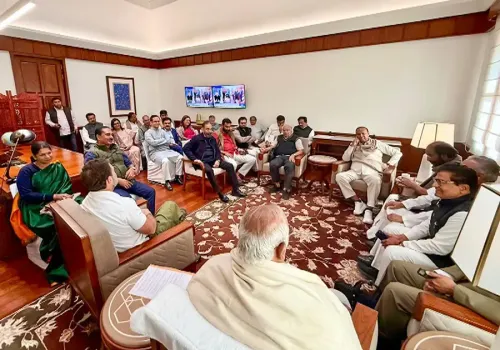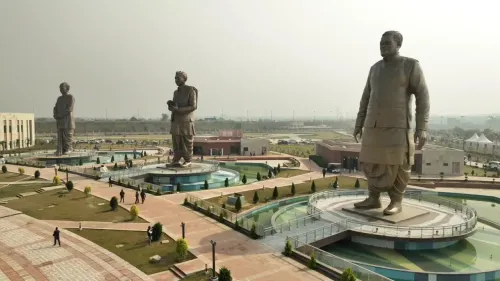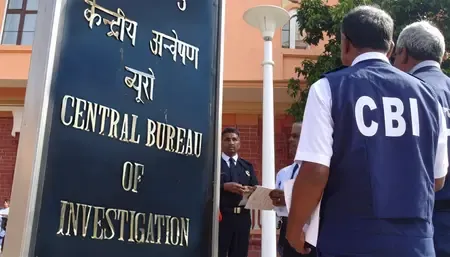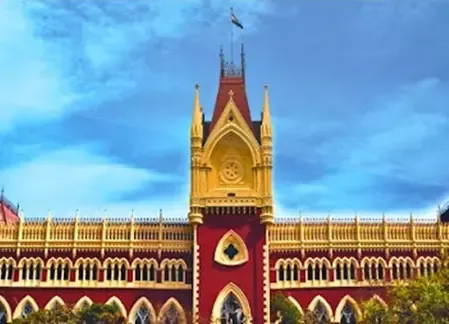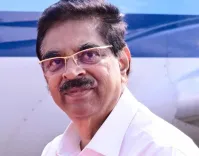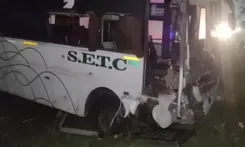What is Happening with the Return of 2,000 Indians from Nepal?
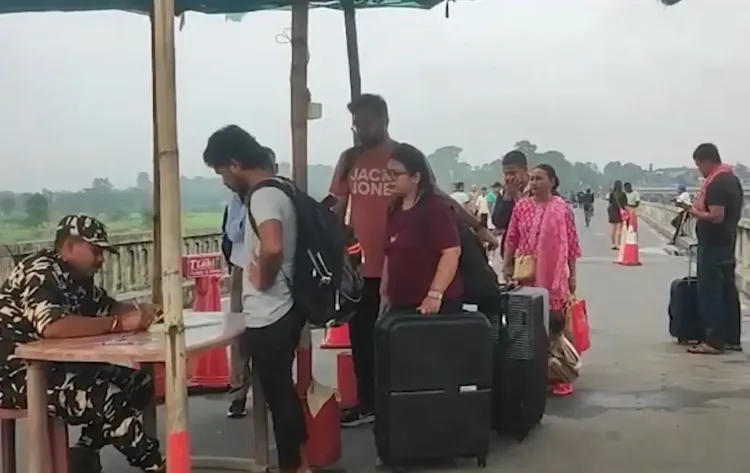
Synopsis
Key Takeaways
- 2,000 Indian nationals returned through Panitanki border.
- Violence in Nepal prompted the need for evacuation.
- Evacuation includes special flights and road transport.
- Authorities are working to maintain law and order in Nepal.
- Concerns over potential political instability persist.
New Delhi, Sep 12 (NationPress) In just three days, over 2,000 Indian nationals have successfully returned to India through the Panitanki border located in Siliguri, West Bengal, following the alarming unrest in violence-stricken Nepal.
An official from the SSB noted that nearly 2,000 Indians made their way back after the situation escalated in Nepal, India's northeastern neighbor.
“The relief was evident on the faces of those who returned. The shadows of their unsettling experiences in Nepal were clear,” the official shared.
Most of these individuals had traveled to Nepal for work or tourism purposes.
On Thursday, evacuation efforts for stranded Telugu individuals from Nepal also commenced, with a special flight carrying 12 passengers departing from Simikot, while another group of 22 individuals returned safely by road.
Nara Lokesh, the Minister for Real Time Governance, who oversaw these evacuation efforts, mentioned that an IndiGo flight is scheduled to transport over 200 people from Kathmandu to New Delhi.
The minister announced on 'X' that 133 individuals have already been escorted to the airport with convoy protection.
A bus carrying a group of 22 people from Hetauda successfully crossed into Indian territory. They have reached Bihar and will continue their journey to Delhi.
A special flight, transporting 12 individuals from Simikot to Nepalganj on the Indian border, took off at 9 a.m. TDP MP Sana Satish coordinated with local authorities for this evacuation operation. From Nepalganj, arrangements are in place to transport this group to Lucknow, from where they will fly to Hyderabad.
In the meantime, Nepal's President Ram Chandra Poudel stated on Thursday that efforts are ongoing to find a solution within the established framework, amid concerns that there could be a deviation from constitutional norms to resolve the tense political landscape in the country following the Gen-Z revolution.
He urged all parties to trust the efforts being made to meet the demands of Gen-Z protesters and to cooperate peacefully in preserving order and tranquility in the nation.
The President’s comments come at a time when political parties, leaders, and civil society members are expressing anxiety over democracy's future if the solution strays from constitutional guidelines.
Currently, Gen-Z leaders who initiated protests against Prime Minister K P Sharma Oli's government, leading to his ousting, are in discussions with senior officials of the Nepal Army, which has taken charge of maintaining law and order and has imposed a curfew until Friday morning in the Kathmandu Valley.
As the Nepal Army engages in negotiations with Gen-Z leaders, certain groups are protesting in the streets, advocating for the preservation of democracy and opposing any military rule. President Poudel has indicated his leadership in these negotiations, even though discussions are ongoing between the Nepal Army and protesting Gen-Z leaders regarding the political future. According to the constitution, the President serves as the ceremonial Commander-in-Chief of the Nepal Army.
Former Chief Justice Sushila Karki appears to be a leading candidate to head the upcoming interim government, with Kathmandu City Mayor Balen Shah also supporting Karki.


